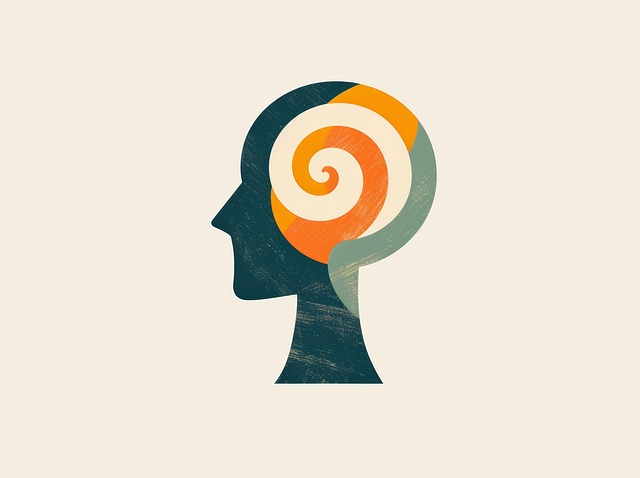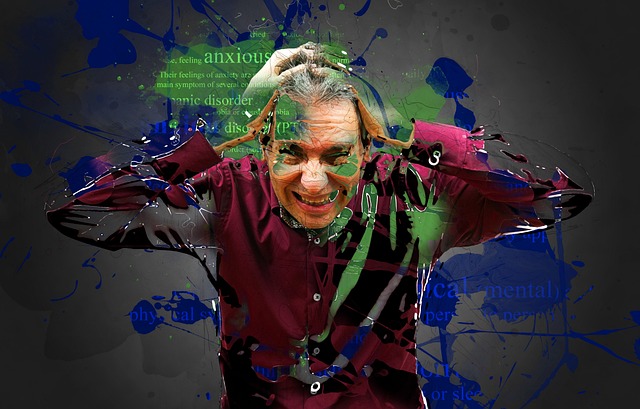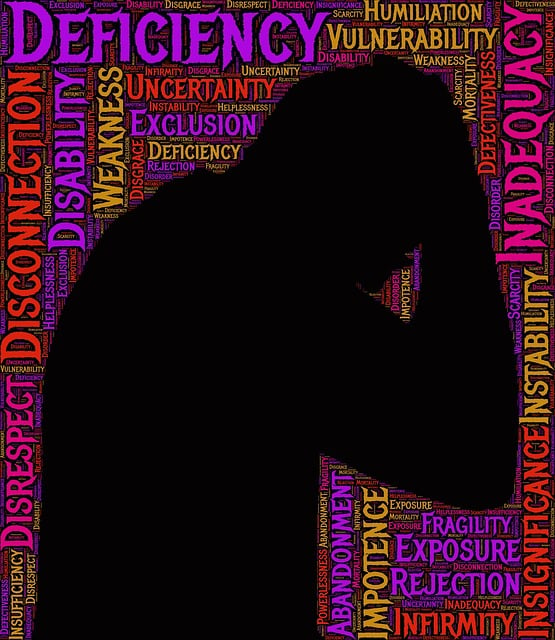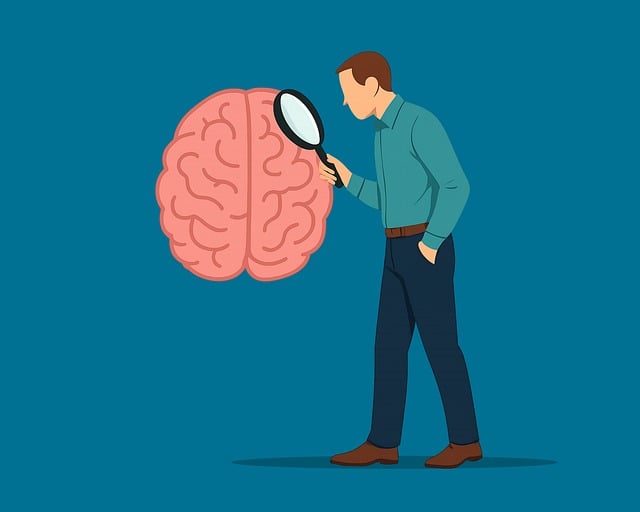Emotional intelligence (EI) is a powerful tool for adults navigating modern social interactions, offering advantages in relationships, careers, and mental wellness. Recognizing emotions, enhancing self-awareness through therapy for adults, and effective communication are key components of EI development. These skills enable better stress management, resilience building, and improved emotional responses, as highlighted by therapy for adults focusing on stress management. By integrating practices like journaling and mindfulness, individuals can achieve a sense of balance and harmony while strengthening relationships and enhancing overall mental health.
Emotional intelligence (EI) is a powerful tool for navigating life’s complexities, offering significant advantages in personal growth and success. This article explores the art of cultivating EI, focusing on strategies tailored for adults seeking therapy for stress management. We’ll delve into understanding the benefits of heightened emotional awareness, recognizing and naming your emotions, enhancing self-awareness as the cornerstone of EI, improving communication through emotional expression and listening, and effective stress management techniques to regulate emotional responses.
- Understanding Emotional Intelligence and Its Benefits for Adults
- Recognizing and Identifying Your Emotions
- Enhancing Self-Awareness: The Foundation of Emotional Intelligence
- Effective Communication: Expressing and Listening to Emotions
- Managing Stress and Regulating Emotional Responses
Understanding Emotional Intelligence and Its Benefits for Adults

Emotional intelligence (EI) refers to the ability to recognize, understand, and manage one’s own emotions, as well as recognize, interpret, and influence the emotions of others. This skill set is crucial for adults navigating today’s complex social landscape. By fostering emotional intelligence, adults can significantly enhance their relationships, professional success, and overall mental wellness.
The benefits of EI are profound, particularly in stress management. Individuals with high emotional intelligence are better equipped to handle challenging situations, regulate their emotions during times of stress, and build resilience. This capability is not only beneficial for personal well-being but also plays a vital role in various aspects of adult life, including effective communication, leadership positions, and conflict resolution. Moreover, mental wellness coaching programs and healthcare provider cultural competency training often emphasize emotional regulation as a cornerstone of holistic treatment and development.
Recognizing and Identifying Your Emotions

Recognizing and identifying your emotions is a fundamental step in cultivating emotional intelligence. In today’s fast-paced world, many adults struggle with managing stress, which can often mask or confuse underlying feelings. Therapy for adults plays a pivotal role in helping individuals develop better awareness of their emotional landscape. Through effective therapy sessions, one learns to recognize subtle cues and patterns that signal different emotions. This process involves exploring and understanding the root causes of these emotions, enabling more effective mental illness stigma reduction efforts.
By practicing self-reflection and adopting communication strategies, adults can enhance their ability to identify and express their feelings healthily. Emotional healing processes are facilitated when individuals can pinpoint specific triggers and learn to respond rather than react impulsively. This enhanced emotional intelligence not only improves relationships but also contributes to overall well-being and better stress management.
Enhancing Self-Awareness: The Foundation of Emotional Intelligence

Enhancing self-awareness is the cornerstone of building emotional intelligence. It involves recognizing and understanding your own emotions, strengths, weaknesses, values, and motivations. This foundational step is crucial for effective stress management, as it enables individuals to recognize triggers and respond mindfully rather than reacting impulsively. Through therapy for adults, mental wellness coaching programs, and compassion cultivation practices, one can develop a deeper sense of self-awareness, leading to improved decision-making and enhanced relationships.
Furthermore, cultivating self-awareness facilitates personal growth by promoting coping skills development. By understanding your emotional patterns, you gain insights into how best to navigate challenges. This not only boosts resilience but also contributes to overall mental wellness. Practices like journaling, mindfulness exercises, and introspection can significantly aid in this journey, helping individuals to become more attuned to their inner world and thereby fostering a sense of balance and harmony.
Effective Communication: Expressing and Listening to Emotions

Effective communication is a cornerstone of emotional intelligence and can significantly impact our mental wellness. It involves both expressing our emotions honestly and actively listening to others’ feelings. In therapy for adults, especially when dealing with stress management, learning to articulate your emotions can be empowering. Sharing one’s sentiments allows for better understanding and connection, fostering healthier relationships. Additionally, it helps individuals receive guidance and support tailored to their emotional needs.
Journaling exercises and mental health education programs designed with this focus can enhance communication skills. By regularly reflecting on one’s feelings in a Mental Wellness Journal, individuals become more attuned to their emotions. This practice facilitates better listening, as understanding your own emotions leads to recognizing and empathizing with others’. Consequently, these skills translate into more meaningful interactions, boosting confidence and improving overall mental health.
Managing Stress and Regulating Emotional Responses

Managing stress and regulating emotional responses are key components of emotional intelligence development. In today’s fast-paced world, adults often face high levels of stress, which can lead to burnout if left unaddressed. Therapy for Adults offers effective tools and techniques to manage stress, helping individuals develop a healthier relationship with their emotions. Through various exercises and mindfulness practices, one can learn to recognize and accept their feelings, thereby reducing the impact of stressful situations.
Emotional intelligence involves understanding and managing your own emotional responses, as well as empathizing with others. Stress Management Workshops Organization often emphasize the importance of self-awareness in this process. By participating in these workshops, individuals can gain valuable insights into their triggers and learn burnout prevention strategies tailored for healthcare providers, who are particularly susceptible to high stress levels due to their demanding professions.
Emotional intelligence is a powerful tool that enhances our personal and professional lives. By understanding and managing our emotions, we can improve communication, build stronger relationships, and reduce stress. Through recognizing our feelings, cultivating self-awareness, and adopting effective listening skills, individuals can become more resilient in navigating life’s challenges. This journey of emotional growth is accessible to everyone; with dedication and practice, anyone can enhance their emotional intelligence and reap the benefits, including improved mental health and overall well-being, especially when coupled with therapy for adults and effective stress management techniques.














